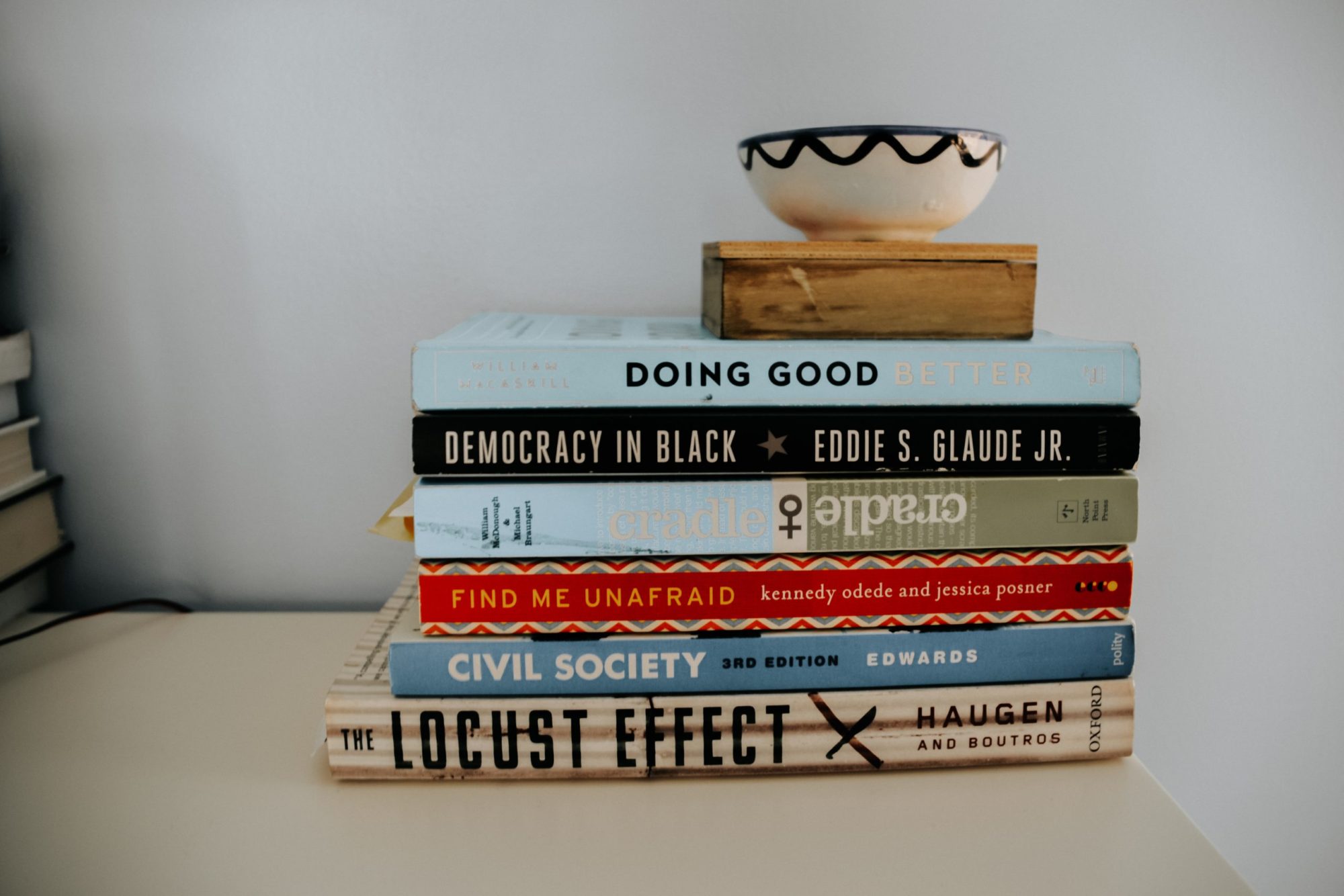It is no secret that the world is going through an unprecedented upheaval – there’s an unrelenting global pandemic, a long-due revolution in the United States, the worst peace-time recession in a century, and a shocking erosion of democratic and secular values in my home country of India. Times such as these force us to strip away the clutter and noise until we unearth our most fundamental values. It compels us to critically evaluate our capacity for compassion, empathy, justice and righteousness. While we grapple with the cracks in our systems that have been exposed by the events of 2020, it is important to have a future-facing outlook and to redefine the new “normal.” This includes prioritizing the needs and development of historically-marginalized groups– people who have been left behind. Collective and inclusive progress is often hindered when we fail to differentiate between what is equal, and what is equitable.
Often, our perceptions of fairness and justice are skewed when we confuse equality with equity. Equality assumes that everybody began at the same starting line, and aims to treat everyone the same. Equality does not take into account the differences in people’s lived experiences, abilities, systemic barriers and individual needs. Equity, on the other hand, is cognizant of these differences. People hardly ever have the same starting line. By focusing on equity, we ensure that people have the same finish line, by providing them with resources and opportunities proportional and tailored to their needs.
Equality does not equate to fairness. When we tout “equal rights” as the be-all and end-all of justice, we ignore historical context. Crucial social movements such as feminism and Black Lives Matter are undermined when critics claim that having equal constitutional rights is enough to ensure true equality. To have equitable progress, we must wholeheartedly pour resources into marginalized Black communities. We must make education equitable by dissociating school funding with property taxes, and channeling more funds to underfunded school systems. We must make healthcare equitable not only by making insurance more accessible to racial and ethnic minorities that are disproportionately uninsured, but also by intentionally building more healthcare infrastructure in underserved communities. We must make something as basic as food security and nutrition more equitable by identifying food deserts – which typically occur in minority communities – and addressing them. And on our level, we must redirect some of our dollars that go to giants such as Amazon and Walmart, to local black-owned businesses.
We don’t just need equality of resources and opportunity. We need equality of outcomes. As we make strides towards a better world, let us prioritize equity over equality and achieve optimal outcomes for all.
